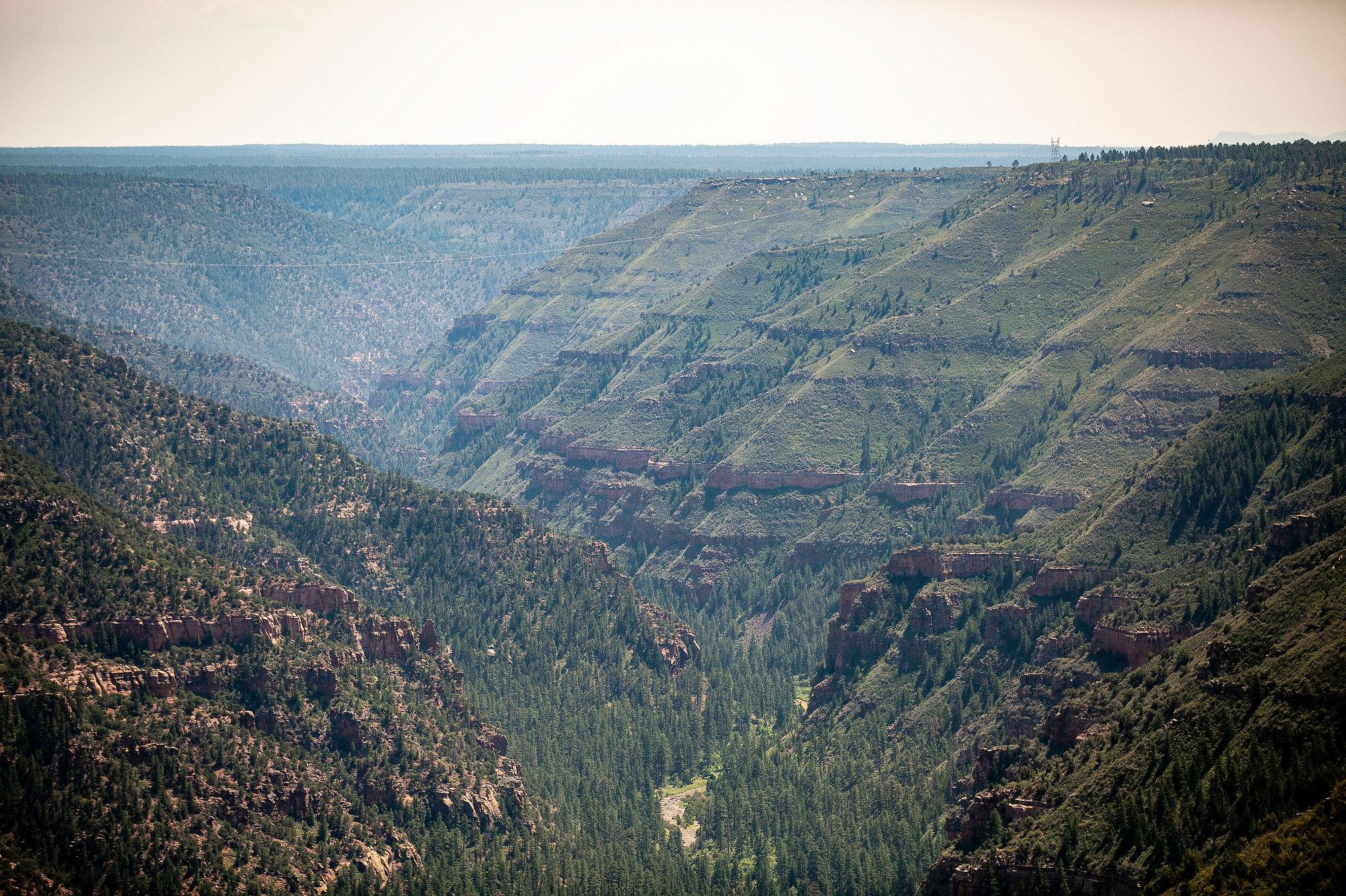
In the first week of his presidency, President Biden signed an executive order to halt oil and gas leasing on federal lands and waters in an effort to limit climate-warming emissions. But after a federal judge in Louisiana ordered that the sales resume, the administration is moving forward with its first onshore sales of oil and natural gas drilling leases on public lands.
At the same time, the U.S. Bureau of Land Management is slashing the amount of land available for oil and gas development, an 80 percent reduction of the number of acres companies had originally expressed interest in developing for drilling in nine states.
In Colorado, the original request was for 119 parcels for new oil and gas projects covering 141,675 acres. The bureau said it conducted additional environmental reviews of these parcels, engaged with Tribes and communities and prioritized people’s interests in public lands. That resulted in the bureau approving less than 5 percent of that request — just nine parcels covering 5,275 acres are eligible for oil and gas lease sales in June for Colorado.
The U.S. Department of the Interior called the move a significant reform of onshore oil and gas lease sales. In a statement, Interior Secretary Deb Haaland said it’s a “reset” on “how and what we consider to be the highest and best use of Americans’ resources for the benefit of all current and future generations.”
“For too long, the federal oil and gas leasing programs have prioritized the wants of extractive industries above local communities, the natural environment, the impact on our air and water, the needs of Tribal Nations, and, moreover, other uses of our shared public lands,” Haaland said.
The agency focused on approving parcels near existing oil and gas development and avoiding important wildlife habitats, wildlife migration corridors and sensitive cultural areas, according to a press release from the Department of the Interior. The Interior said the changes, detailed in a report on the federal oil and gas leases program, reflect a balanced approach to energy development and management of public lands.
The royalty rate for new federal oil and gas leases will also increase to 18.75 percent from 12.5 percent. The Associated Press reports this is the first increase to royalties for the federal government since they were imposed in the 1920s.
Chelsie Miera, executive director of the West Slope Colorado Oil and Gas Association, said the move feels like a way to block more oil and gas development. She said the requested oil and gas lease sales had already been vetted and approved by the Bureau of Land Management under the Trump administration and “were ready to go.”
She said to reduce a lease sale by 80 percent seems “almost ridiculous” at a time when oil and gas prices continue to rise.
“Biden has a very incoherent energy policy and it’s frustrating,” Miera said. “It’s not creating regulatory certainty that all businesses need, no matter the industry, to thrive.”
On the Western Slope, Miera said many counties are between 50 and 75 percent federal public lands, and oil and gas companies have been “proud” of the multiple-use mandate, which stipulates that resources and uses on public lands must find a balance to best meet the needs of people. She said the oil and gas lease ban, now lifted, has “disjointed” that mandate.
Miera said that while it’s appreciated that the administration has opened up these leases, the relatively small amount of land made available “shows a lack of seriousness” by the Biden administration to push for more oil and gas production in an attempt to help lower energy costs.
Some oil and gas companies have been hesitant to increase production because it’s unclear how long the high prices will continue. Miera said she doesn’t think you’d find a company that doesn’t want to produce more oil and gas to provide the U.S. and people abroad with more energy resources.
A spokesperson from the Department of the Interior said the Biden administration is appealing the court order that required oil and gas lease sales on federally managed public land to resume.








